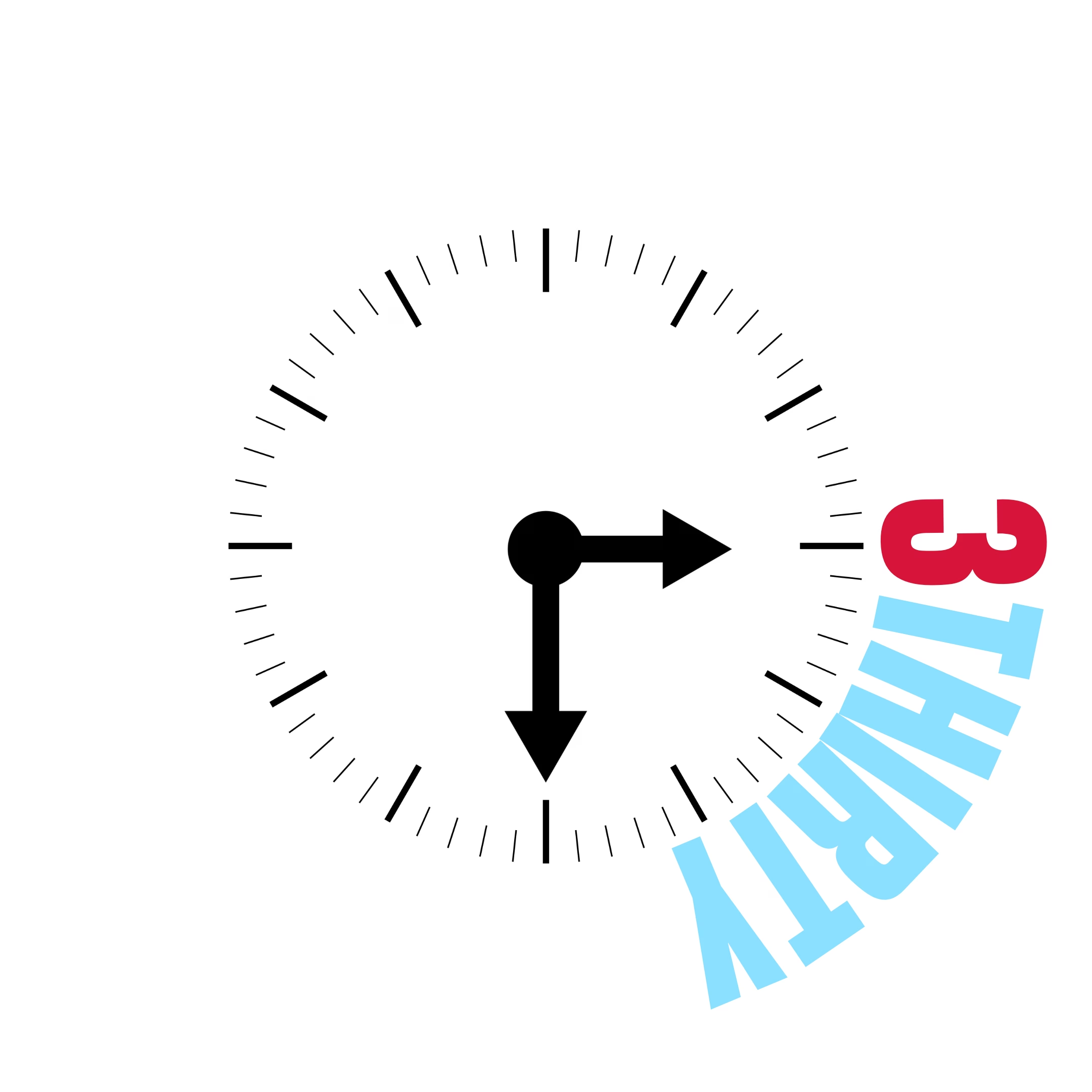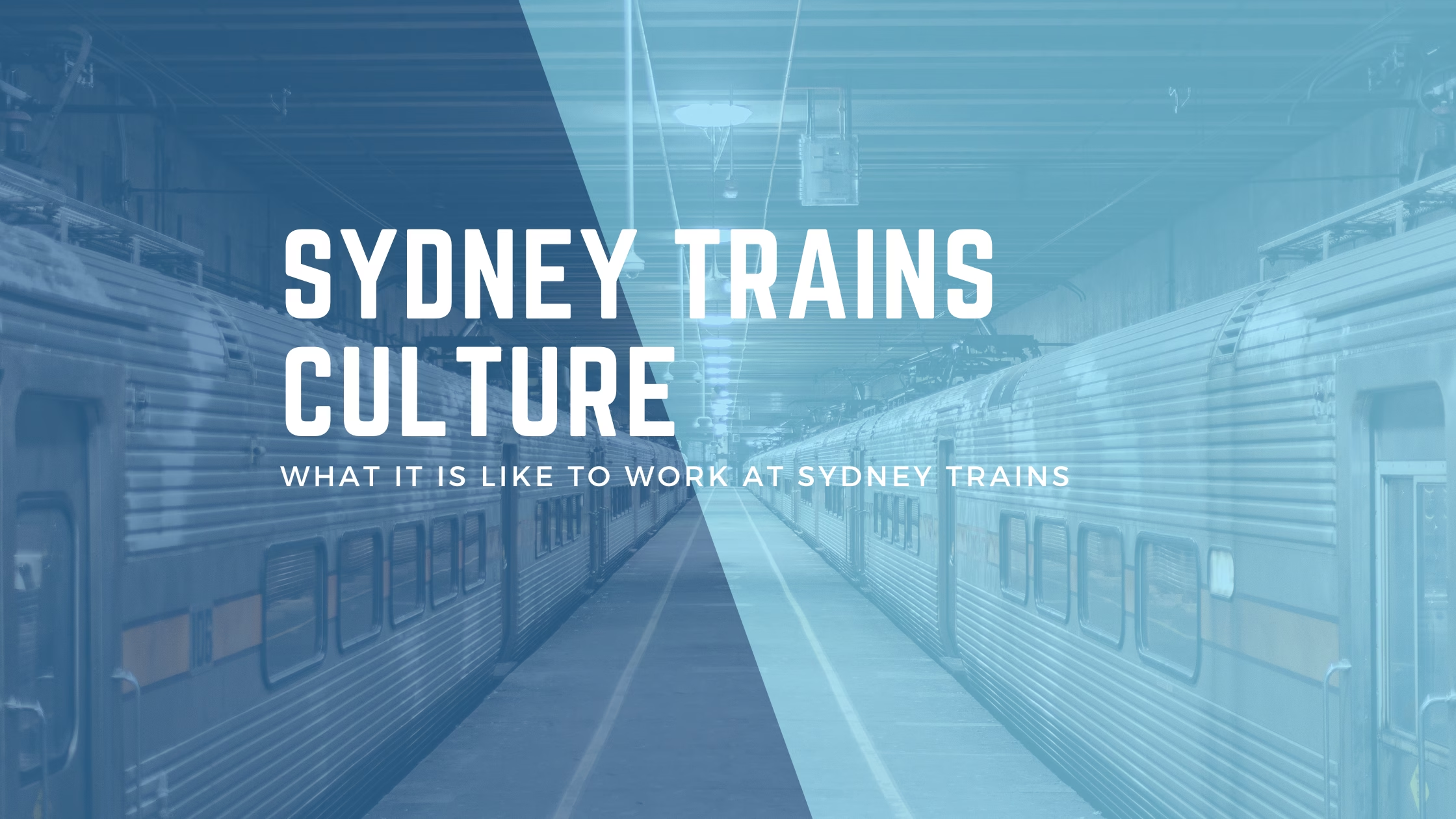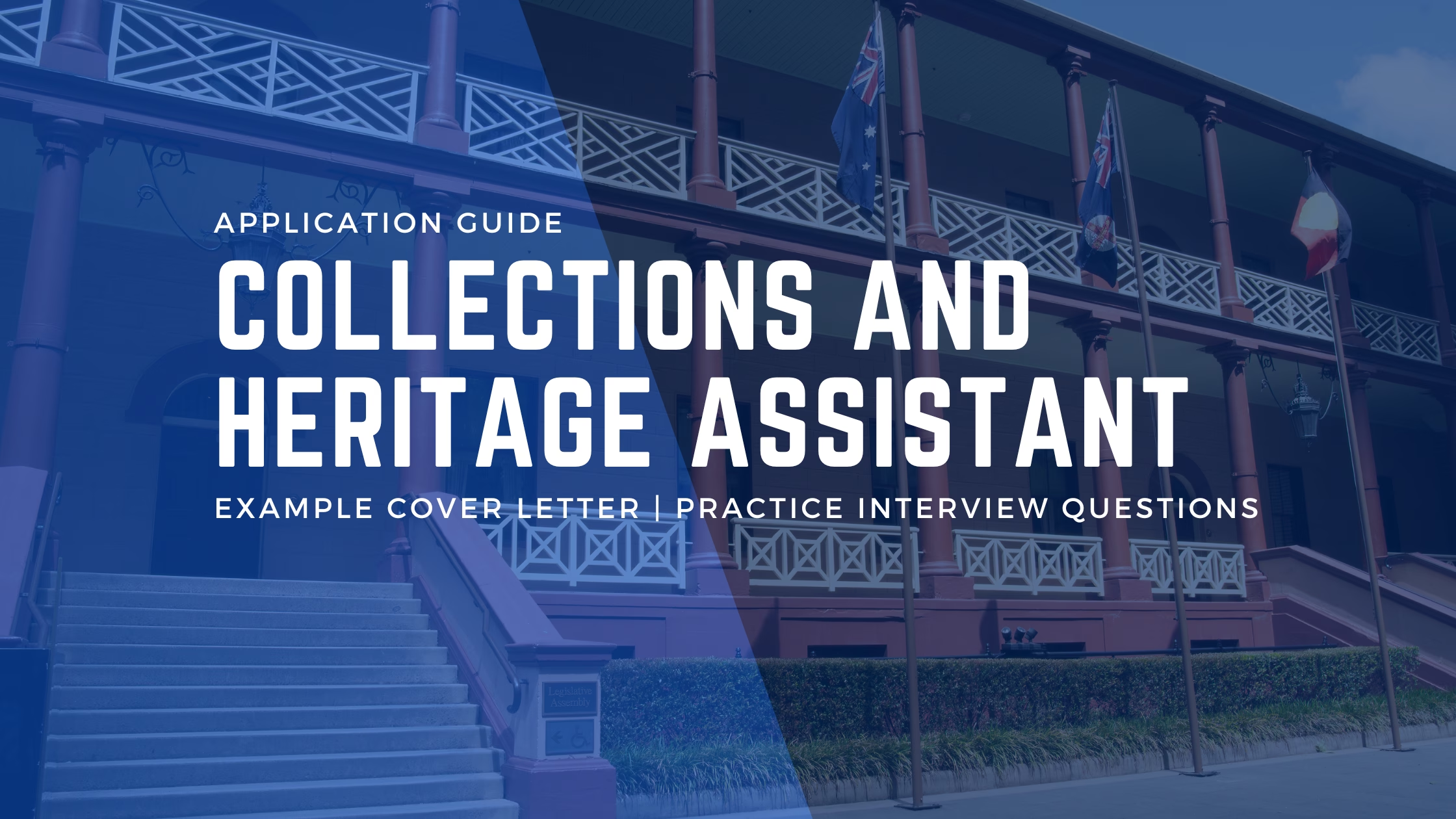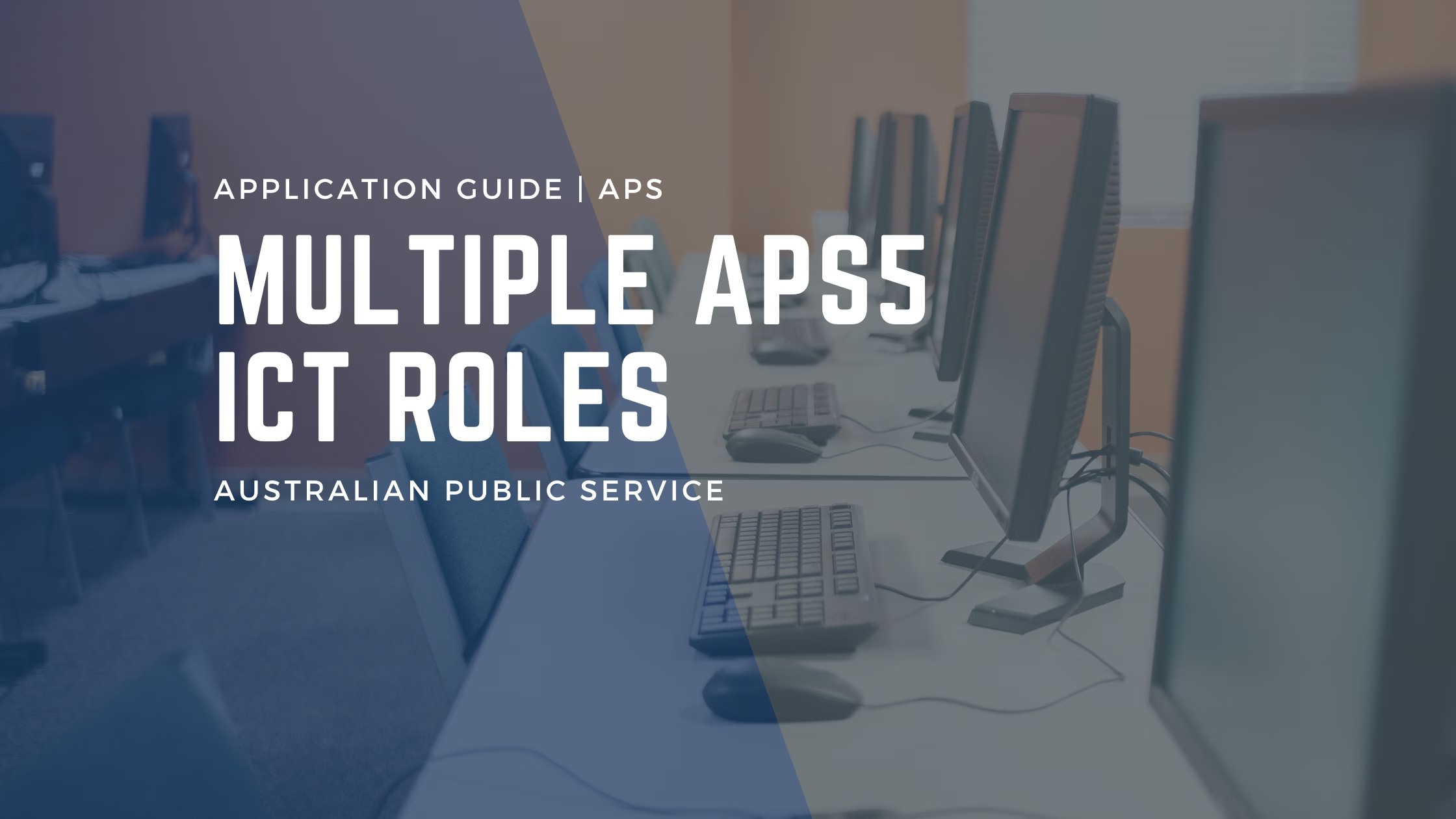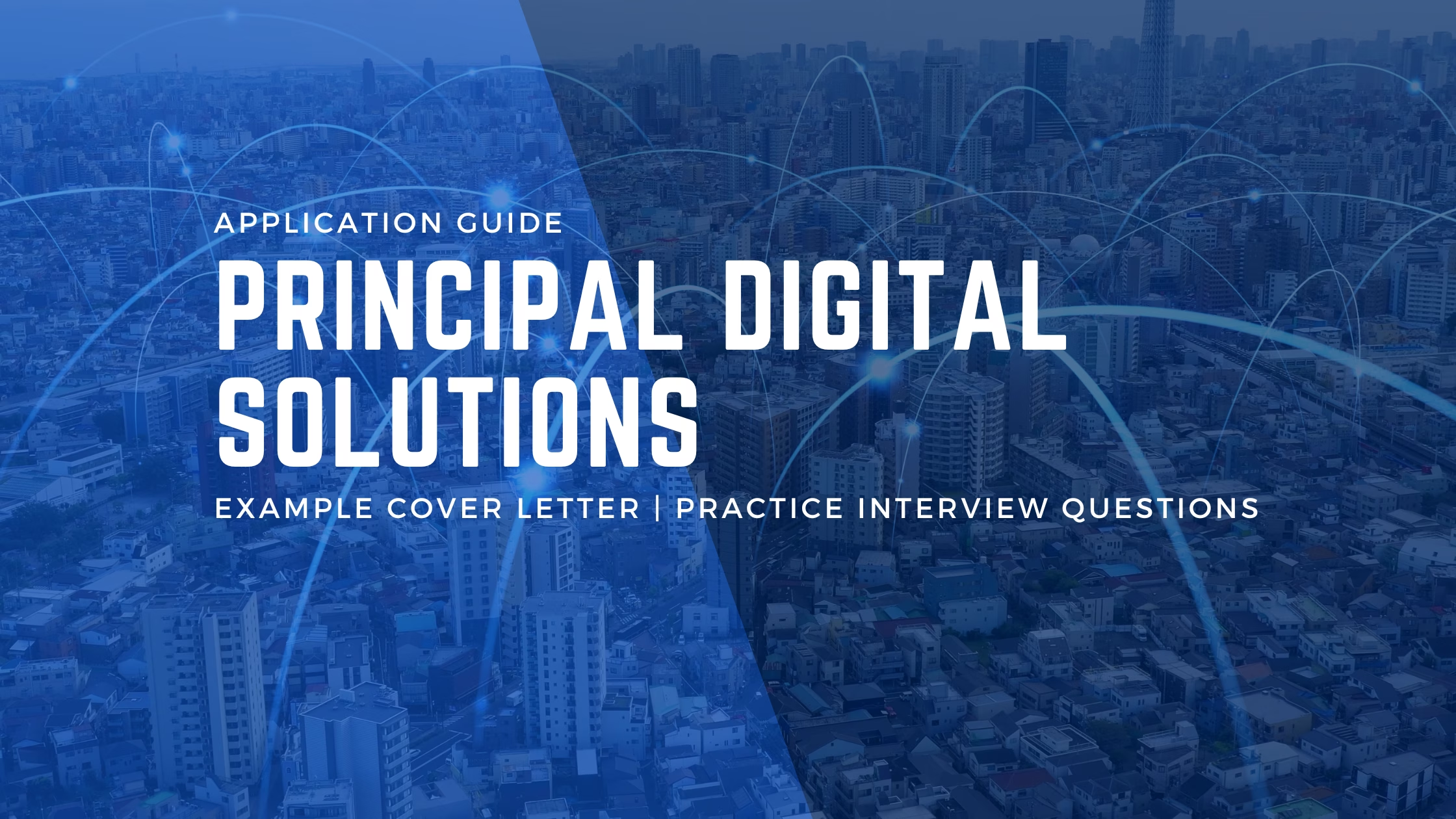What is it like to work at Sydney Trains?
Sydney Trains is one of the most well-known and vital brands in the city. But how do you learn about Sydney Trains culture before you apply to work there?
With millions of passengers relying on their services daily, the agency plays a crucial role in keeping Sydney moving. Beyond its iconic trains and bustling stations, Sydney Trains offers a wide range of career opportunities, from frontline roles like Train Drivers, Guards, and Customer Service Attendants to behind-the-scenes positions such as Engineers, Project Managers, and HR professionals.
You can check out how to apply for a job with Sydney Trains, and check out examples cover letters, here.
If you’re considering applying to Sydney Trains, understanding its workplace culture is key to making an informed decision.
Let’s dive into what it’s like to work there, including how to research public sector culture and what the data says about working at Sydney Trains.
How to Research Public Sector Culture
When exploring what it’s like to work in any public sector organisation, including Sydney Trains, it’s important to gather insights that go beyond surface-level perceptions. The public sector in NSW is massive, with over 400,000 employees across diverse roles and agencies, each with its unique workplace culture.
For example, the day-to-day environment in Health differs significantly from that in the Justice Department, while Teachers experience work very differently from Transport Officers. Even within a single portfolio like Transport, Sydney Trains may have a distinct culture compared to Roads and Maritime Services or Transport for NSW.
Here are two key strategies to uncover specific information:
1. Talk to Current or Former Employees
Leverage your network to find someone who has worked at Sydney Trains. LinkedIn can be a helpful platform to connect with employees and hear their experiences. Additionally, if you’re applying for a position, use the contact officer listed in the job advertisement to ask questions. HR contacts, in particular, can provide insights without influencing your recruitment process.
2. Review the People Matter Employee Survey (PMES)
The NSW Government conducts the People Matter Employee Survey (PMES) annually. It captures employee perceptions on workplace practices, leadership, engagement, and more. These results are publicly available and can provide valuable insights into the culture at specific agencies, including Sydney Trains. You can access the latest PMES data here.
3. Google It
You can do a quick search of the organisation you’re about to join. Check out recent news articles to get an idea of some of the priorities and challenges in the agency. But, take this with a grain of salt – media like to focus on the negative scandals which may only impact one or two employees. I also recommend googling the CEO/Head of Agency and seeing what comes up as well.
What the PMES Results Reveal About Sydney Trains
Sydney Trains’ PMES results provide a deeper understanding of Sydney Trains Culture. Two standout findings shed light on the agency’s strengths and challenges:
Limited Flexible Working Opportunities
The PMES shows that 47% of Sydney Trains employees have no flexible working arrangements. This includes part-time work, flexible scheduling, and remote work. While flexibility is increasingly common in many sectors, the operational nature of Sydney Trains poses challenges.
Roles like Train Drivers, Guards, and Maintenance Staff require physical presence, making remote work impossible. Even head office staff have historically faced strict oversight, with practices like swipe-card tracking of work hours reflecting a “timetable culture” that prioritises time at your desk.
For context, the percentage of employees without flexible work options is 25 points higher than the Transport sector average, a significant gap.
Effective Management of Burnout
Despite limitations in flexibility, Sydney Trains excels in managing employee workload. Only 23% of employees report feeling mentally exhausted by their work most days, a figure that is 16 percentage points better than the NSW Public Sector average.
Additionally, 85% of respondents feel confident in their ability to overcome setbacks at work, suggesting strong support systems and manageable workloads.
On top of this 71% of employees stated “I have the time to do my job well”.
This balance indicates that while Sydney Trains employees may work within a structured and time-sensitive environment, they benefit from a culture that promotes mental well-being and reasonable work expectations.
Recruitment
Another interesting result for the agency in 2024 was employees opinions of their recruitment practices.
Of those surveyed – only 42% agreed with the statement “My organisation generally selects capable people to do the job” and a similar 41% supported that the organisation “follows a merit-based promotion process”.
Key Takeaways for Job Seekers
If you’re considering a role at Sydney Trains, here are some tips:
- Research the Role: Understand the specific demands of the position you’re applying for, as flexibility and workload can vary significantly.
- Network Wisely: Speak with current or former employees to get a firsthand perspective on the work culture.
- Weigh Priorities: If flexibility is non-negotiable, explore other public sector agencies. However, if you value mental well-being and a manageable workload, Sydney Trains could be an ideal choice.
Sydney Trains offers a structured yet supportive work environment, making it an attractive choice for individuals seeking stability and clear boundaries between work and personal life. While flexibility remains a challenge, the agency’s commitment to manageable workloads and mental well-being highlights its strengths as an employer.
FAQs
What types of roles does Sydney Trains offer?
Sydney Trains provides opportunities across a wide range of fields, including Train Drivers, Customer Service Attendants, Engineers, Project Managers, HR professionals, and more.
Is flexible working common at Sydney Trains?
No, flexible working options are limited, with 47% of employees reporting no access to part-time work, flexible schedules, or remote work.
How does Sydney Trains manage employee burnout?
Sydney Trains excels in managing workloads, with only 23% of employees reporting mental exhaustion most days—significantly better than the public sector average.
How can I learn more about Sydney Trains’ work culture?
Explore the People Matter Employee Survey (PMES) results for insights into workplace culture, and connect with current employees for firsthand information.
What are the main challenges of working at Sydney Trains?
The primary challenge is limited flexibility, especially for operational roles that require physical presence.
What are the benefits of working at Sydney Trains?
Sydney Trains offers manageable workloads, strong mental health support, and opportunities for career growth across various roles.
